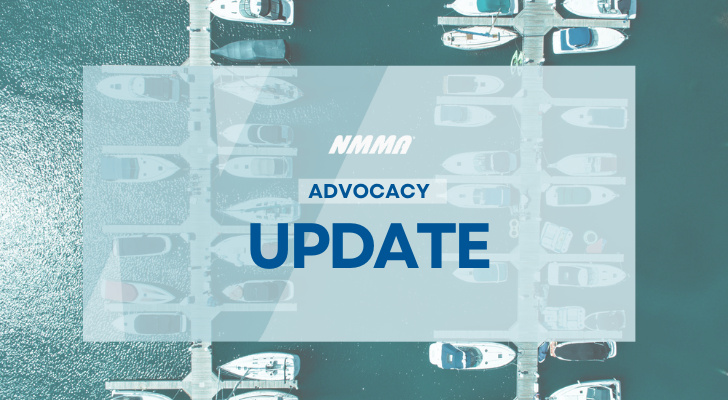Treasury Secretary Bessent Testifies on Tax, Trade and Budget Priorities Before Congress
On June 11 and 12 Treasury Secretary Scott Bessent appeared before three congressional committees, House Ways and Means, Senate Finance and the Senate Appropriations Subcommittee on Financial Services and General Government. Secretary Bessent presented the administration’s fiscal year 2026 budget request and outlined key priorities around tax reform, trade policy and agency modernization.
Key Topics and Takeaways:
The One Big Beautiful Bill (OBBB):
Secretary Bessent defended the administration’s flagship tax legislation, the One Big Beautiful Bill, stating it aims to make the 2017 tax cuts permanent, expand tax relief for working families and provide 100% expenses for manufacturing investments. He cited projections from the Council of Economic Advisers that the bill would increase take-home pay for the average family of four by up to $13,300, while permanently eliminating taxes on tips, overtime and senior income sources.
Trade Policy and Global Engagement:
Secretary Bessent highlighted the administration’s recent progress on trade agreements, including a new U.S.-UK deal and ongoing negotiations with China. He described these efforts as part of a broader strategy to rebalance the global economy, restore domestic industrial strength and create new export opportunities for American manufacturers. He also confirmed his recent return from trade talks in London with Chinese officials, stating that a path to a durable agreement remains open. Additionally, Bessent signaled the administration’s openness to extending the current 90-day tariff pause beyond the July 9 deadline for countries negotiating in “good faith.” This extension would apply to nations still working to finalize bilateral or regional trade deals with the U.S.
IRS Modernization and Fiscal Efficiency:
Across all hearings, Secretary Bessent emphasized that the Treasury Department completed its most efficient tax filing season in years, with April and May receipts up significantly year over year, while cutting $2 billion in IT and administrative costs. He attributed the improvement to targeted agency reforms, rather than expansion of personnel or enforcement measures.
Budget Oversight and Agency Funding:
During his testimony before the Senate Appropriations Subcommittee, Secretary Bessent discussed Treasury’s priorities for FY26, including continued investment in anti-money laundering enforcement, IRS modernization and economic competitiveness efforts. He also reiterated the administration’s commitment to reducing deficits through spending reforms while maintaining essential government functions.
NMMA is closely monitoring legislative and policy developments across tax, trade and fiscal policy that may impact the recreational boat industry. We remain engaged with Congress and the administration to ensure our industry’s voice is heard in discussions about long-term economic competitiveness and growth. For more information, contact Clay Crabtree, Senior Director of Public Policy at [email protected], or Jacky Usyk, vice president of government affairs at [email protected].





